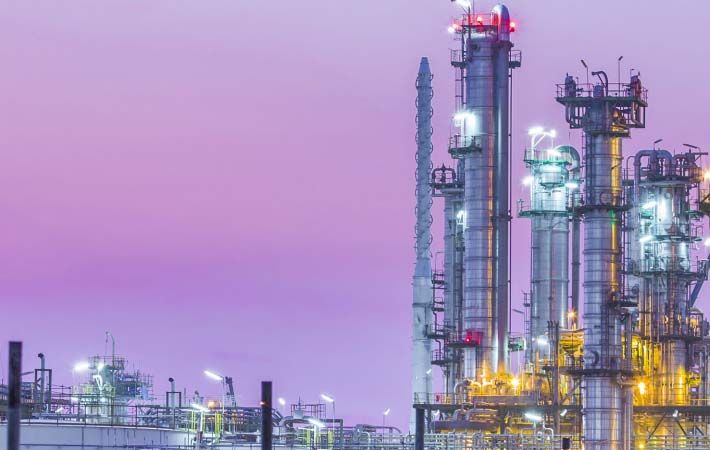
For instance, as part of the European Union Green Deal, the European chemical industry has committed to carbon-neutrality by 2050 as a part of its contribution to achieving the COP21 climate resolution.
As the global energy industry continues to shift from fossil fuels to renewables and the ‘Green Deal’ gains steam, this momentum is expected to continue into 2022.
Specifically, industry players may show a heightened focus on new and innovative technologies like carbon capture and utilisation (CCU), for which pending government proposals could allocate additional funding and focus, the report said.
In addition, companies continue to advance work on steam cracker electrification, advanced and chemical recycling, green hydrogen, and carbon capture and storage (CCS).
In a recent Deloitte survey, 90 per cent of chemical industry respondents said they will focus on improving resource and energy efficiency in the production of chemicals and materials to drive decarbonization and sustainability in 2022.
These developments will likely help grow renewables, improve energy efficiency, reduce emissions and create new markets for carbon and other byproducts as part of an increasingly circular economy. As a result, this could foster collaboration that gives rise to new business models and helps advance the energy transition.
While carbon emissions are hard to abate in the chemical industry due to reliance on process heat, advances in decarbonising chemical production could have a profound impact globally, the report said. The benefits of decarbonising chemical companies could spread beyond the industry itself, since chemistry provides the building blocks for many value chains.
Given chemicals’ interconnectedness to different end markets and value chains, addressing this complexity will likely require the industry to have a clear road map. However, pathways to decarbonisation, such as increased electrification, wide-scale use of renewable energy and intensifying energy efficiency measures, pose certain unique challenges, it noted.
While many chemical companies have publicly declared their intention to become carbon-neutral by 2050, the challenge lies in the immediate future. Often, companies may need more clarity on the material impacts that their stated goals will have on their operations, markets and business valuation.
Another issue is whether demand for many conventional plastics and chemicals could wane as the public becomes more educated about the environmental impacts of end products and ready to accept eco-friendly substitutes.
As in 2021, the market could show that people are willing to switch to more environmentally friendly substitutes, even if they cost slightly more or function less effectively, the report added.
ALCHEMPro News Desk (DS)
Receive daily prices and market insights straight to your inbox. Subscribe to AlchemPro Weekly!